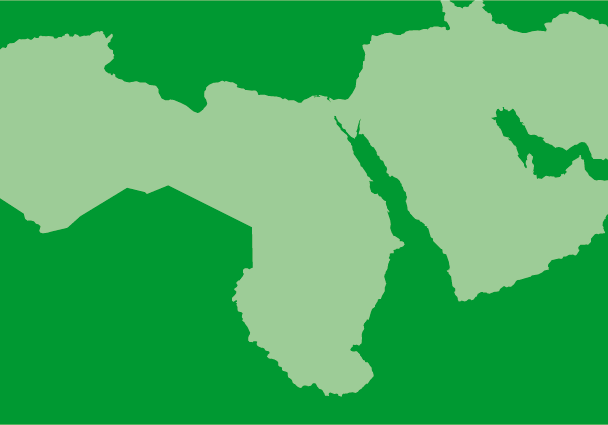Today, the ICJ expressed its concern over being barred from observing the trial of Mr. Abbas Amir-Entezam in Iran.
The trial is due to begin on 16 February 1999. The ICJ wanted to attend the trial by sending an observer. Yet, the Iranian authorities do not seem ready to issue the necessary visa to the observer. The ICJ declared that “such a development is indicative of the fact that Mr. Amir-Entezam might not benefit from a fair trial.”
Mr. Amir-Entezam, a Deputy Prime Minister of Iran just after the Islamic Revolution of 1979, was detained for 17 years in the notorious Evin Prison, Tehran. He was arrested again in September 1998, after having made critical remarks en Mr. Assadollah Lajevardi – the then recently assassinated prosecutor and former chief warden at Evin. During a first court hearing, which Mr. Amir-Entezam was not allowed to attend, the judge reportedly stated that he did not know the reason for the detention of Mr. Amir-Entezam, but that he could only be released by a revolutionary tribunal. The detention of Mr. Amir-Entezam was then prolonged for 10 more months, apparently to receive accusations from the public against him. It has been reported since then Mr. Amir-Entezam has serious health problems and that he has allegedly been the victim of an assassination attempt during a transfer. It has also been said that he is denied proper medical treatment.
The ICJ would have preferred to directly verify and discuss these reports by sending a trial observer to Tehran. It appears now that our presence is unwelcome in Iran. The ICJ, therefore, publicly appeals to the Iranian authorities to ensure the fairness of a trial taking place in a heavily charged political context. This includes allowing international observers to attend.
The ICJ voices its concern after having read in a report of the Iranian news agency IRNA, that the head of the judiciary, Ayatollah Mohammad Yazdi, announced that Iran would not admit any foreign observer missions to attend judicial proceedings.
The ICJ, which protects and promotes the rule of law worldwide, has sent international observers to trials in all regions and courts of all legal traditions of the world for more than 40 years. The principle foreseen in international human rights law that trials must be open to the public has never been understood as limiting attendance to only nationals of the country where the trial is being held. Such a limitation would be incompatible with the principle of universality of human rights and the general recognition that their respect is of international concern.
Today, en the occasion of the 20th anniversary of the Islamic revolution, President Mohammad Khatami is reported to have urged respect for the rule of law in Iran. After such encouraging words, the ICJ appeals to the Government and Judiciary of the Islamic Republic of Iran to ensure a fair trial for Mr. Amir-Entezam, release him in the absence of valid legal charges, and provide him with proper medical attention. The ICJ further urges them to revise their reported position not to allow foreign nationals as observers to public trials in Iran.





